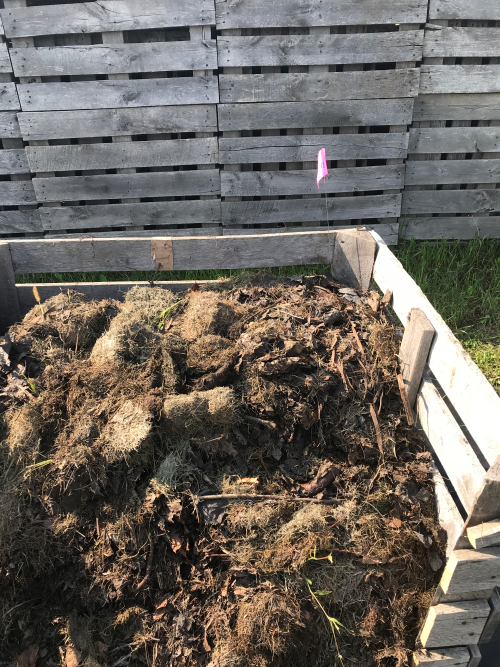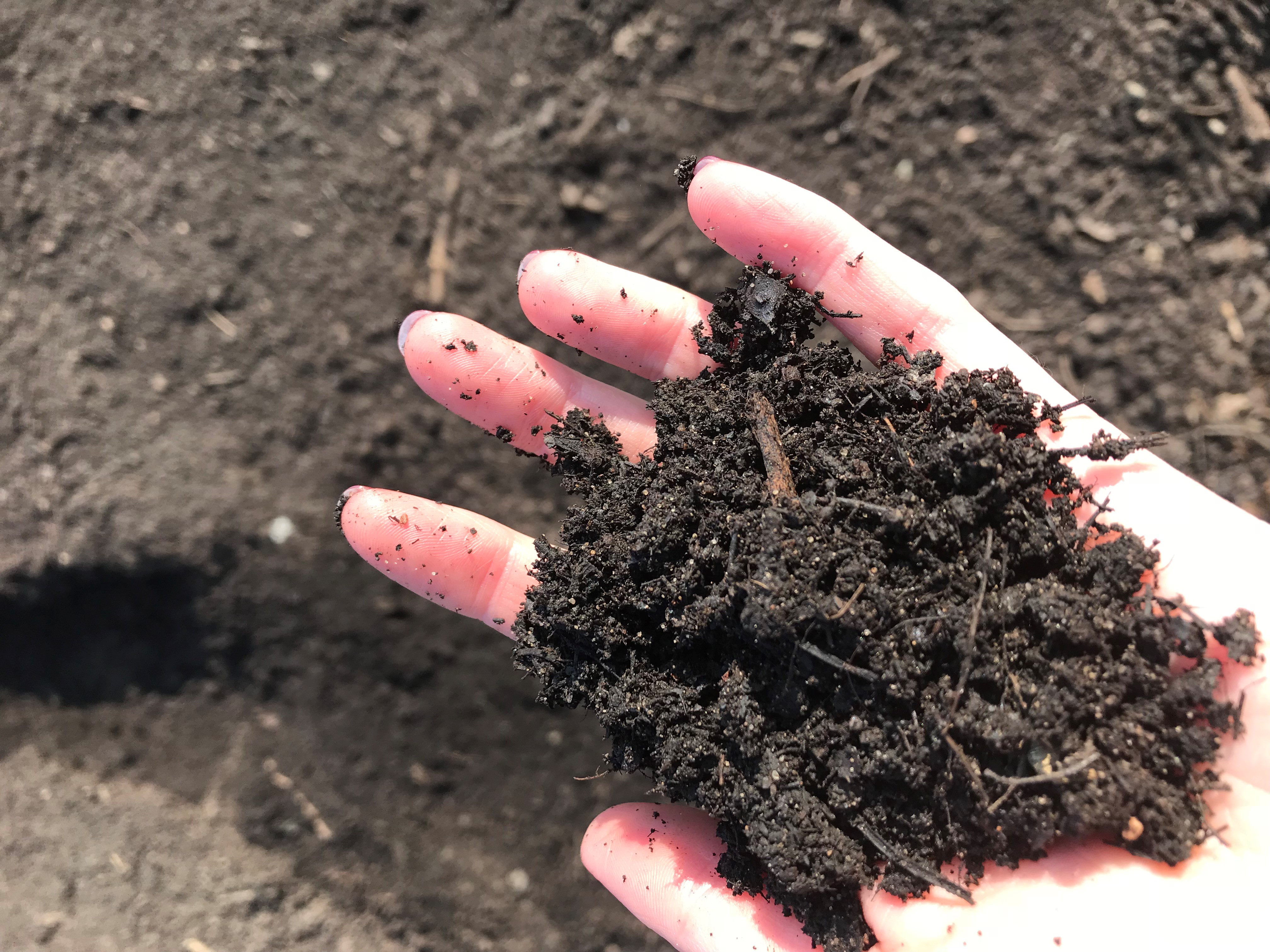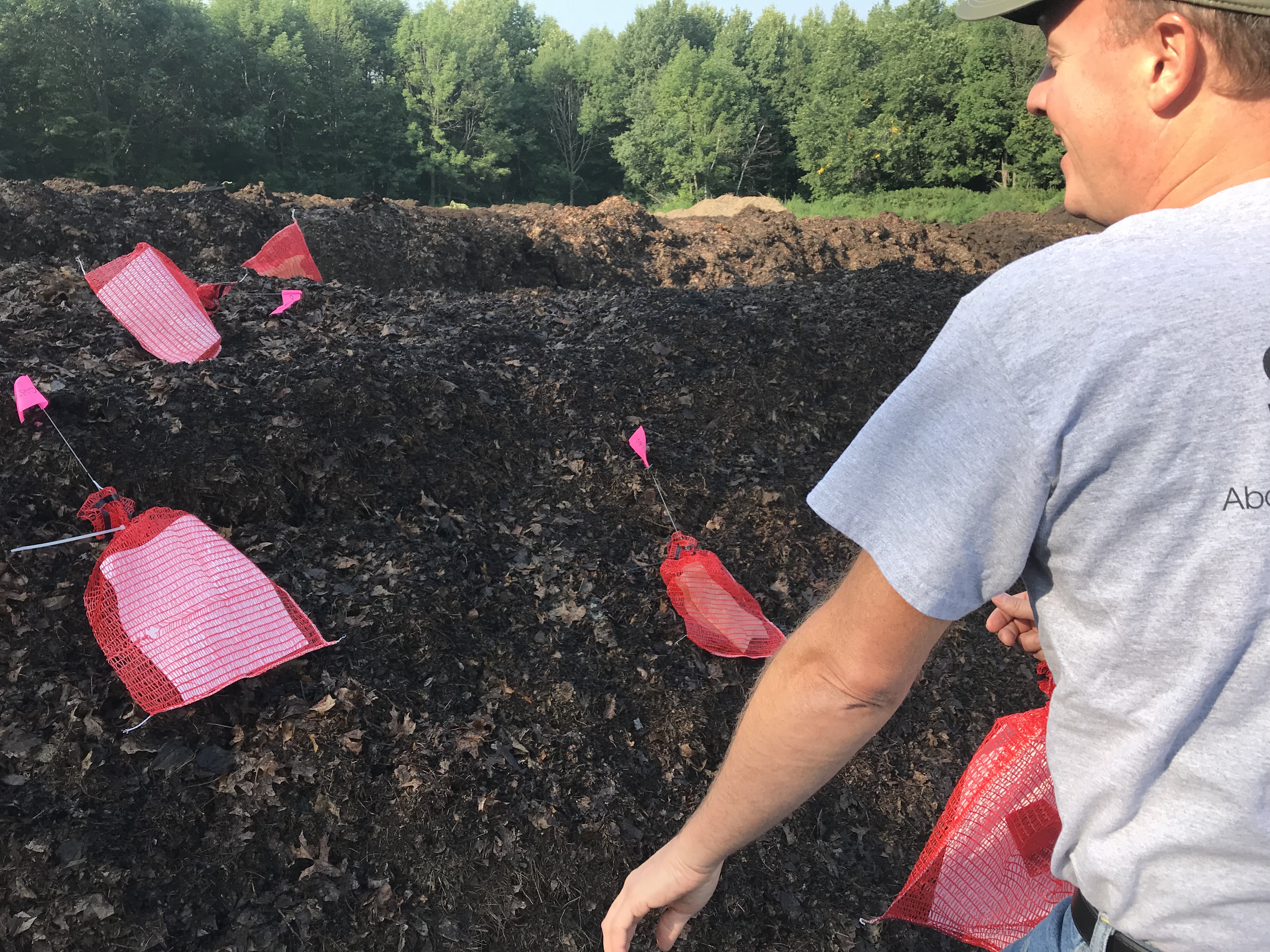Compostability 101
The terms “composting” and “biodegradability” are often used synonymously. However, they have different meanings. Products that can be converted in CO2, H2O, biomass or minerals by micro-organisms are considered biodegradable. The speed of degradation depends on the media (soil, water, marine water, compost). There are several standards to measure the biodegradation in those different media. The biodegradation is part of compostability requirements. Note that a biodegradable product is not necessarily compostable.
Compostability certifications indicate whether a product is compostable. There are several Ahlstrom-Munksjö products carrying different home and industrial compostability certifications through the Biodegradable Products Institute (BPI®) and TÜV AUSTRIA.
Not all forms of composting are identical. Although the general concept is unchanged, home and industrial composting require separate certifications.

As demonstrated by its name, home or backyard composting is a simple, accessible process that can take place in the comfort of your own home. Compost-certified products can be disposed of in a composting bin filled with dirt. These products then biodegrade instead of sitting in a landfill. Home composting is an easy way to reduce your personal environmental impact. Additionally, the compost that you produce can be used on houseplants or in gardens. Industrial composting is scientifically similar, but under specific conditions (especially higher temperature) and the quantities are much larger. A wider variety of organic waste products can be composted at industrial facilities due to their processing equipment and large capacities. Products certified with TÜV AUSTRIA may meet the requirements for backyard composting.

As demonstrated by its name, home or backyard composting is a simple, accessible process that can take place in the comfort of your own home. Compost-certified products can be disposed of in a composting bin filled with dirt. These products then biodegrade instead of sitting in a landfill. Home composting is an easy way to reduce your personal environmental impact. Additionally, the compost that you produce can be used on houseplants or in gardens. Industrial composting is scientifically similar, but under specific conditions (especially higher temperature) and the quantities are much larger. A wider variety of organic waste products can be composted at industrial facilities due to their processing equipment and large capacities. Products certified with TÜV AUSTRIA may meet the requirements for backyard composting.
According to BPI®, their certification program is strictly limited to commercial compostability, and does not verify items for home or backyard compostability. This is because the ASTM standards that BPI® certifies to are specific to commercial environments and compostability must be achieved within a specific time frame.

Ahlstrom-Munksjö can support customers on their journey to creating a fiber-based solution that has a compostable end of life. However, in order for end-use-products using our base papers to be considered compostable, converters are required to seek separate certification for their product. Any alteration to the original material requires the product to be recertified. While we cannot guarantee the certification of end-user products, the fact that Ahlstrom-Munksjö products are certified provides an easier path for converters who wish to pursue it themselves.
Learn more about some of our compostable products: